It was a winter night in the Bronx, and 15-year-old Liz Murray clutched her backpack like a lifeline. While other teens worried about homework or weekend plans, Liz worried about where she would sleep. Every hallway, subway platform, and doorway was a potential refuge — and every night brought the same uncertainty. Behind her bright smile and sharp mind lay a hidden struggle, one she had kept secret from classmates and teachers alike. Yet even in the cold and the chaos, something inside Liz refused to give up. This is the story of an impressive young woman who managed to turn pain into purpose, proving that even the darkest beginnings can lead to extraordinary triumph.
A Childhood Born of Struggle
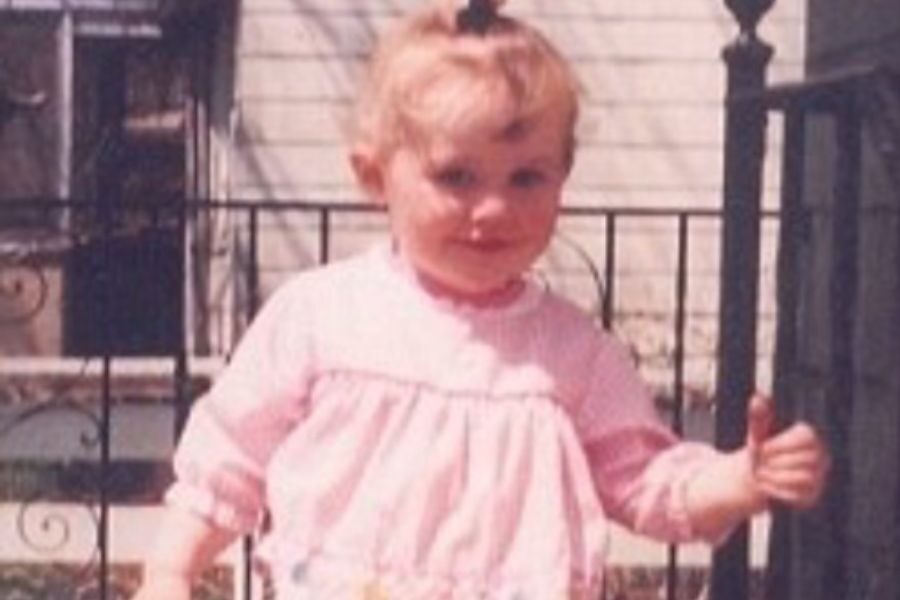
Liz Murray was born on September 23, 1980, in the Bronx, New York, into poverty that defined her earliest years and shaped her childhood.
She had an older sister named Lisa, and together they grew up in a household marked by instability. Their parents’ drug addiction cast a heavy shadow.
Exposed to substance abuse and an unclean environment, Liz’s early life was filled with neglect. Hunger and hardship became ordinary parts of her daily existence. But hunger wasn’t even the worst thing Liz would endure.
What No Kid Should See
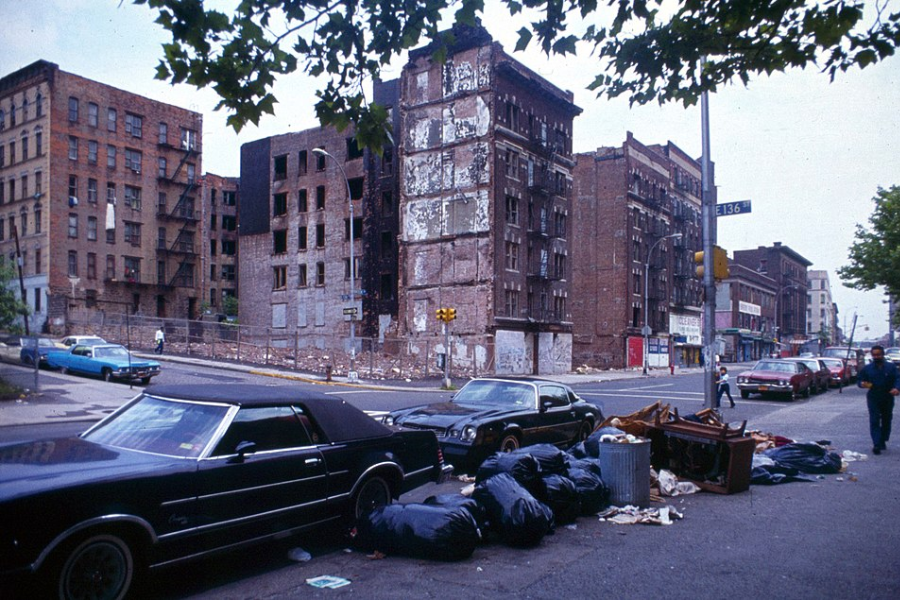
By the age of three, Liz already understood her parents’ dependence on drugs, an awareness no child should have at such a tender age.
She recalled how her parents disappeared behind closed doors multiple times daily, leaving her and her sister Lisa to wonder what happened in secret.
On the table, they carefully spread out their tools before injecting drugs. These haunting scenes sadly became ordinary.
Parents Lost to Addiction
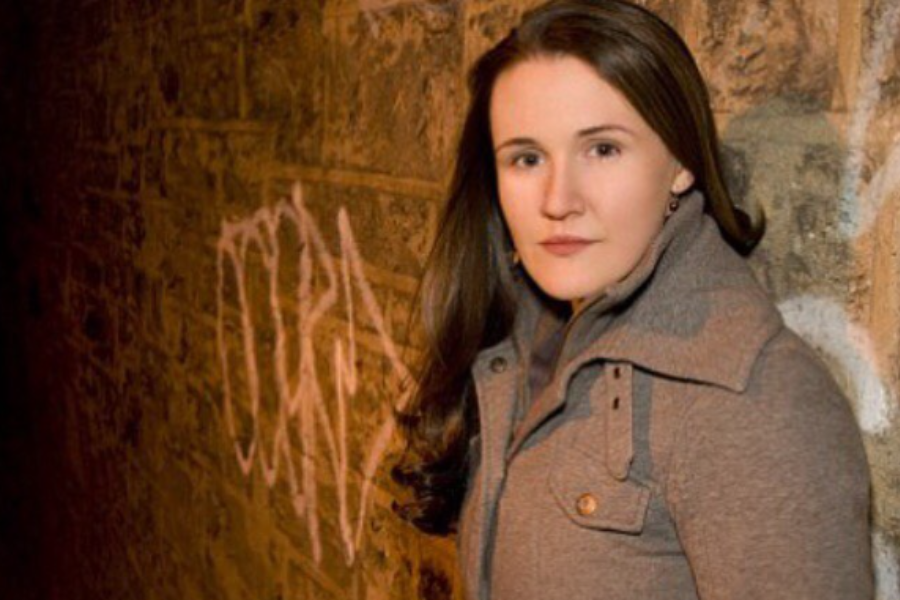
“Both my parents were hippies. By the time the early 1980s came around and I’d been born, their disco dancing thing had become a drug habit,” Liz recalled.
She often spoke about how deeply she loved her parents, Jean and Peter, and how much they loved her in return, despite the chaos that surrounded their lives.
Intelligent and full of potential, her parents were ultimately undone by addiction and poverty. Their dependence left them unable to provide the stability Liz and Lisa desperately needed. With time, things would only get worse.
Welfare Days and False Hope
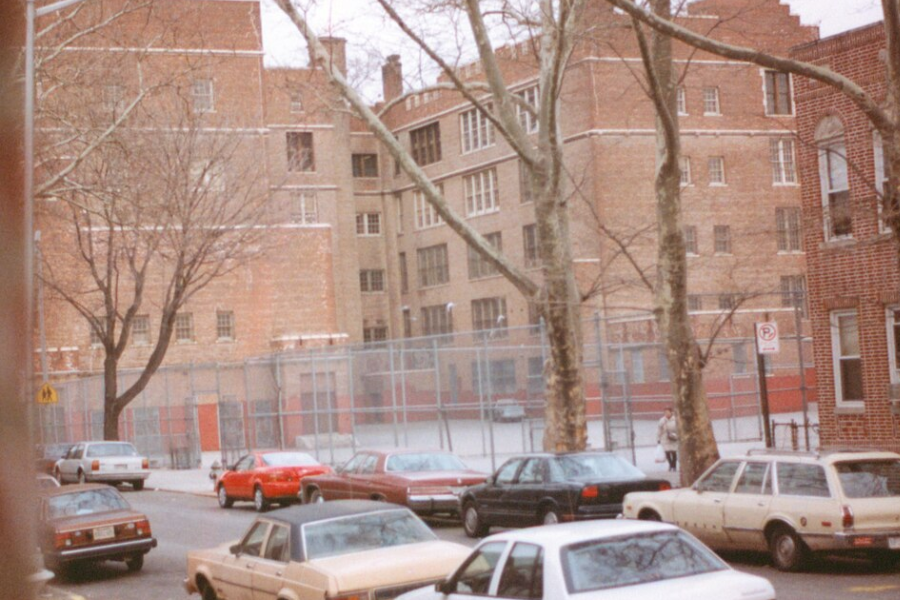
In an interview with the BBC, Liz described how, as a preschool child, monthly welfare checks briefly interrupted her family’s otherwise desperate routine of survival.
“We would cash the cheque together,” she recalled. Liz and her sister Lisa would accompany their parents, walking with them as they headed toward the neighborhood drug spot.
“Mom and Dad would go—they’d disappear up this staircase, they would buy drugs, and come back down.” Only later were basics purchased, usually just $30 of food.
Small Escapes from Hunger

Liz remembered how she and her sister Lisa invented desperate ways to ease the constant hunger that haunted their childhood in the Bronx.
“We would do things like eat ice cubes, or chapstick or toothpaste,” she explained, recalling how their empty stomachs pushed them toward painful and unusual choices.
At times, they knocked on neighbors’ doors in search of help. But as Liz noted, “everyone in the neighbourhood was living off government cheques.” There was nobody to turn to, and young Liz had to do everything she could to survive.
Taking Responsibility Early
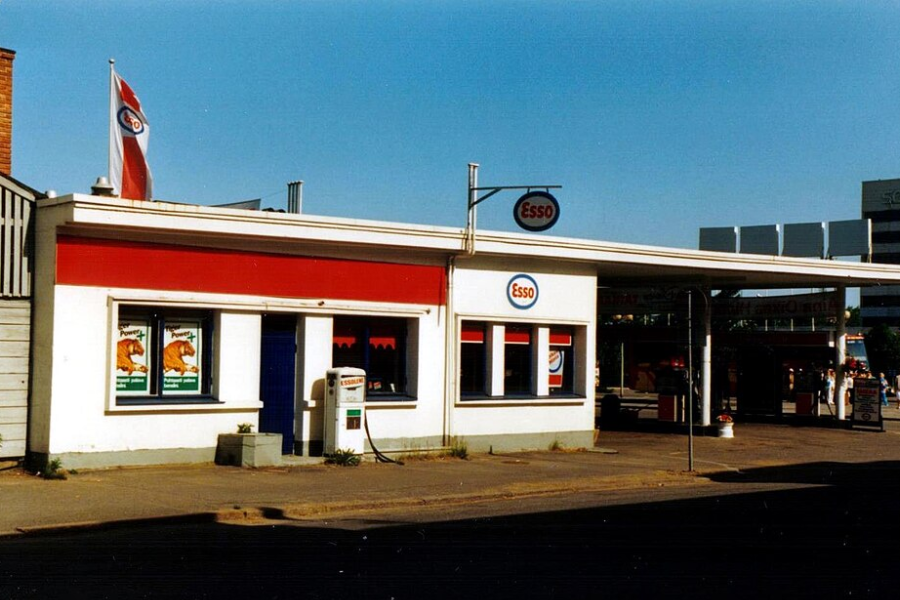
From a very young age, Liz took matters into her own hands. By nine, she felt a responsibility far beyond her years.
She began working small jobs at gas stations and supermarkets, stepping into adult roles long before childhood had ended. Survival demanded resourcefulness and relentless determination.
Every dollar earned went toward groceries, providing food that her parents could not. These early efforts showed the resilience that would later define her extraordinary journey.
Holding on to Family Moments
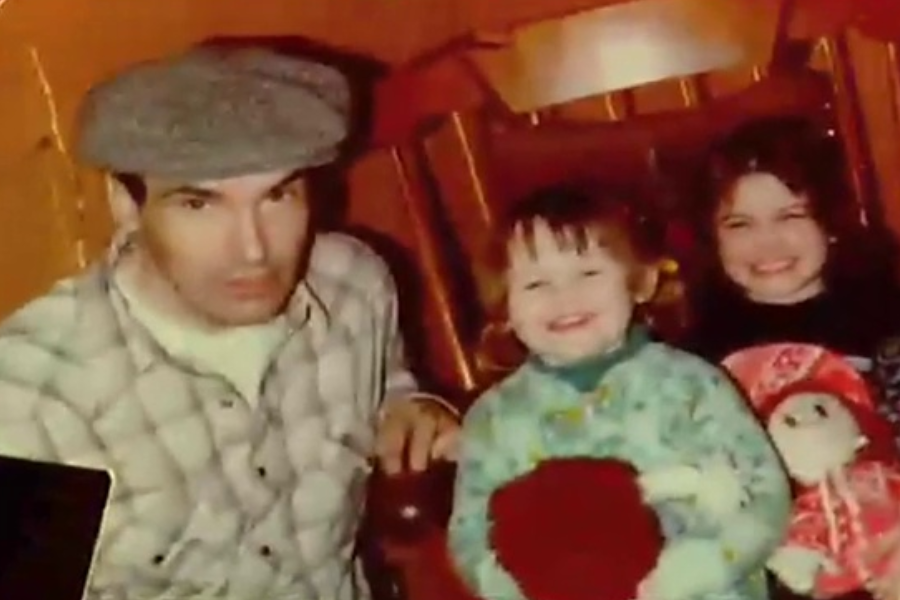
Despite the wreckage her parents’ addiction created, Liz often expressed gratitude for the family life she still had during those uncertain early years.
“I remember a certain peace in knowing we all went to bed under the same roof at night,” she shared, recalling small comforts amid chaos.
Her mother often sat at the foot of her bed, sharing dreams of a brighter future. She promised things would improve “later”—but Liz realized “later” never came.
A Shattered Trust
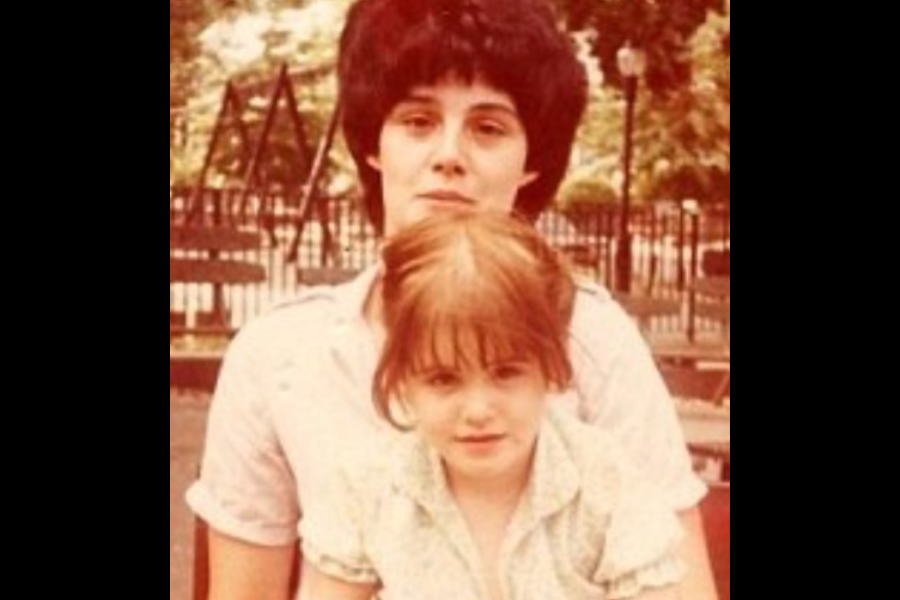
As her mother’s desperation for money deepened, the fragile bond between them broke when Liz’s grandmother sent her a birthday card with five precious dollars inside.
Her mother stole the money to buy drugs, leaving Liz heartbroken. But after Liz confronted her, an unexpected moment of vulnerability changed the encounter entirely.
“She began begging me to forgive her,” Liz recalled. Her mother flushed the drugs, saying, “Lizzy, I’m not a monster. I just can’t stop. Sweetheart, forgive me.”
Childhood Losses and School Struggles
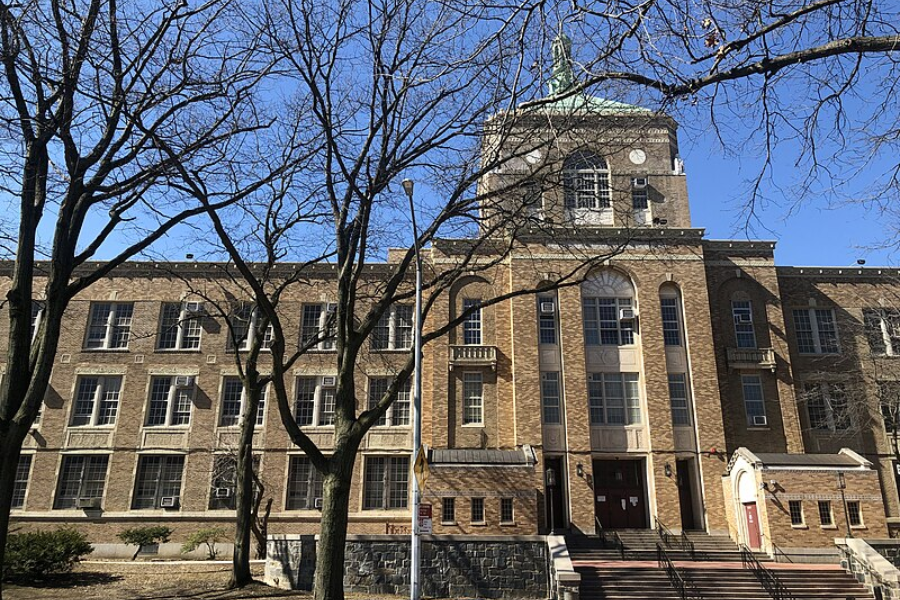
Liz’s mother’s desperation for drugs often stripped away even the smallest joys. The family’s television and even a donated Thanksgiving turkey were sold.
Each sacrifice went toward scraping together enough money for her mother to buy cocaine, leaving Liz and Lisa with even less stability and security at home.
She arrived at school lice-ridden, bullied for being smelly and scruffy. Young Liz often felt overwhelmed by neglect and humiliation.
Desperation Without Limits
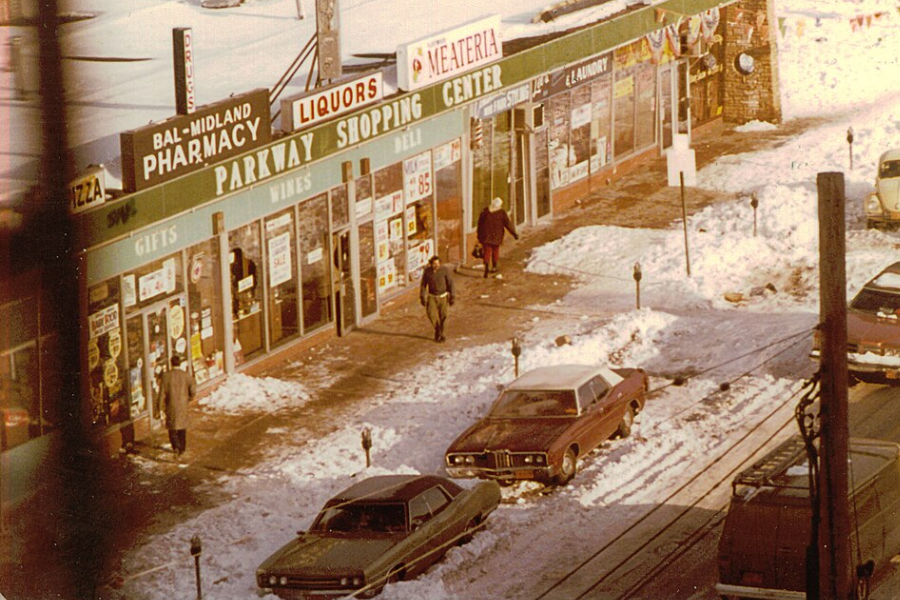
Liz recalled how her mother’s desperation for drugs grew so intense that she would sell almost anything, no matter how small.
On one occasion, her mother took Lisa’s winter coat to the dealer, hoping to exchange the child-sized garment for her next fix.
The dealer refused the coat, seeing the desperation behind the offer, and instead handed Liz’s mother a Narcotics Anonymous coin. He told her to get help. Little did he know that action would play a massive role in Liz’s life.
The Coin That Stayed
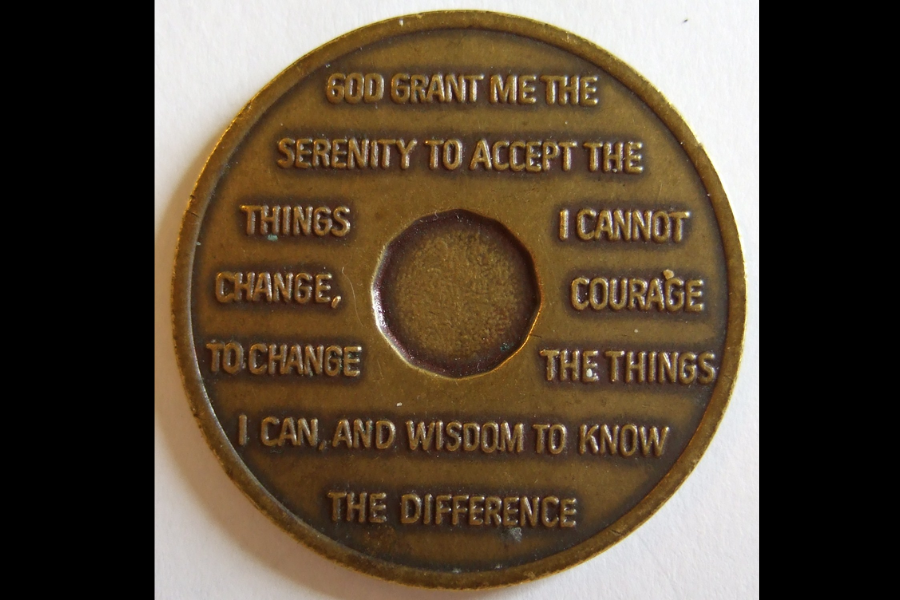
That night, Liz’s mother came home angry and disappointed. She tossed the Narcotics Anonymous coin on the table, ignoring its meaning and dismissing its message.
Liz, however, was captivated by the small token. At just eleven years old, she read the inscription: “God grant me the serenity to accept the things I cannot change, courage to change the things I can, and wisdom to know the difference.”
She decided to keep the coin safe. Little did she know then that this simple object would quietly remain an essential part of her story in the years ahead.
A Family Torn Apart
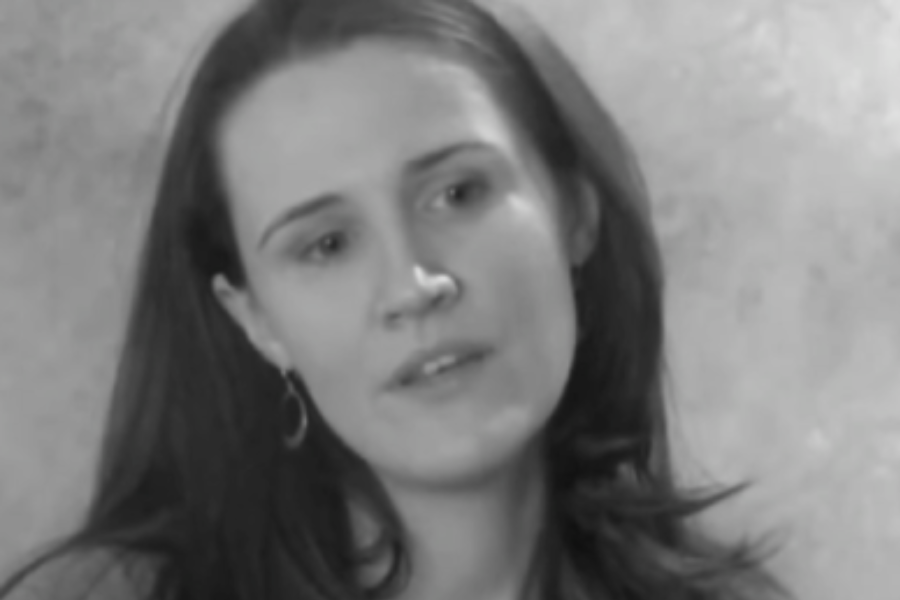
In 1994, when Liz was just fourteen, her family life fractured further. Her parents split, deepening the instability that had long marked her childhood.
Her mother and sister moved in with her grandfather, leaving Liz to remain with her father. The separation forced her to navigate yet another painful transition.
Soon after, a concerned neighbor called social services. For her own protection, Liz was taken into custody, spending thirty-five days in the system before returning to live with her dad. But things would go downhill from there.
Homelessness and Heartbreak

Not long after the separation, at 15, Liz was struck by two devastating blows at once. Her fragile world collapsed into even deeper instability and pain.
Her father could no longer afford the rent, forcing Liz into homelessness. With nowhere to go, she drifted while he moved into a homeless shelter.
At the same time, Liz learned her mother was gravely ill. Years of sharing needles had left her with HIV, and now she was very close to dying.
Dropping Out into the Streets

In the midst of all this chaos, at fifteen, Liz dropped out of school. Survival became her focus, and education slipped further from reach.
Most nights she slept on New York’s 24-hour underground trains or on cold park benches, drifting between exhaustion and fear with no safe place to rest.
She spent hours visiting her mother in hospice, gently washing her hair as strands fell away. Liz faced hardships no young person should ever have to endure.
A Bleak Goodbye

In 1996, just before Christmas, Liz’s mother died after spending months in the hospital. Her passing marked one of the darkest chapters in Liz’s young life.
“She was alone when she passed away,” Liz remembered. The funeral offered little comfort—her mother was buried in a donated pine box, a stark symbol of poverty.
“Someone took a black magic marker, they misspelled her name,” Liz recalled. It was a bleak goodbye, a sorrowful end to an equally bleak life.
An Epiphany in Grief
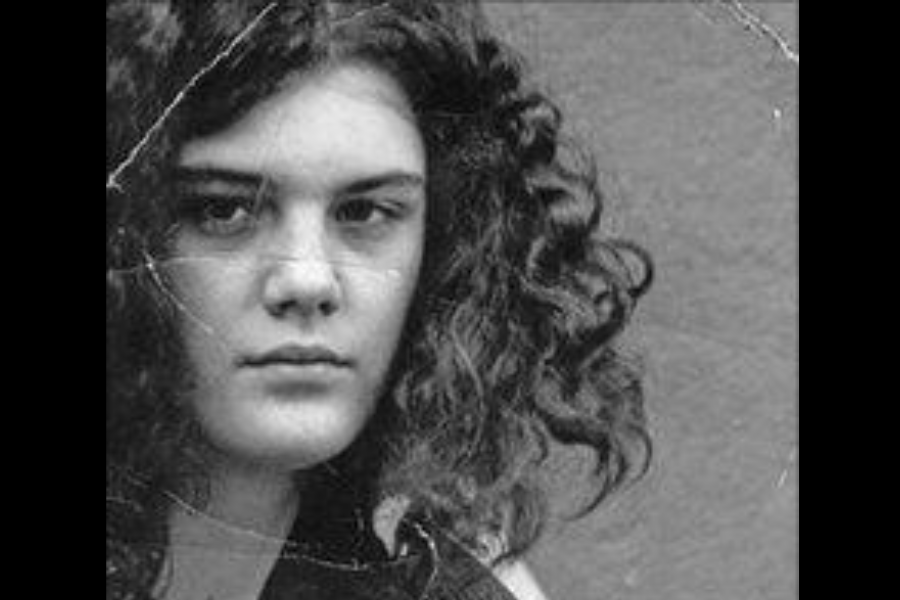
It was her mother’s tragic passing that pushed Liz to turn her life around. Grief slowly transformed into determination and clarity.
She carried a small, deteriorated photo of her mother everywhere. At first, Liz saw herself only as a rebel and a victim of her circumstances.
One day, staring at the picture—her mom young, homeless, and struggling—Liz saw herself. “Like my mother, I was always saying, ‘I’ll fix my life one day.’” She realized, “My time was now or maybe never.”
The Coin’s True Meaning
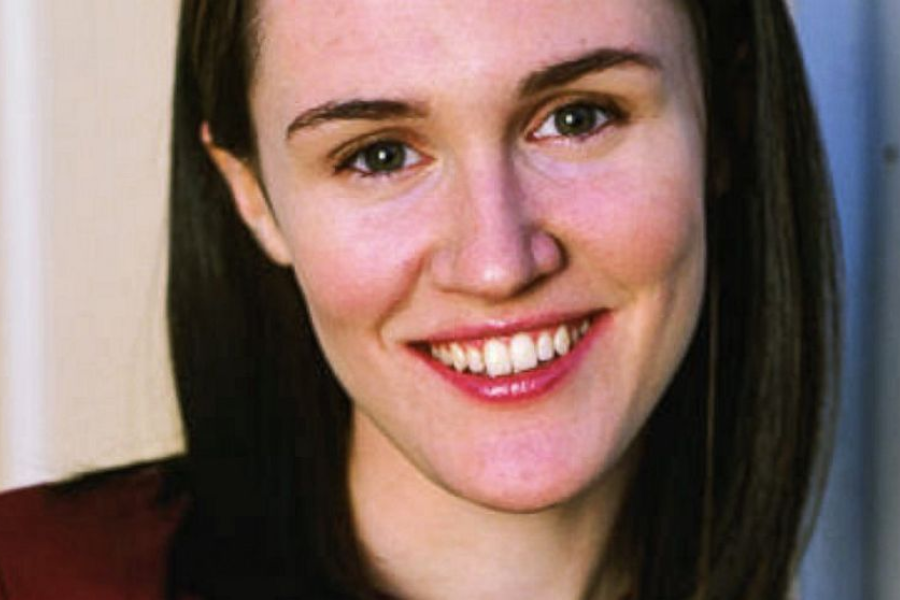
For years, Liz kept the Narcotics Anonymous coin she had taken as a child. At firs,t it was just a token, tucked quietly away.
But as she grew older, the inscription’s words returned to her. They no longer belonged only to her mother’s failed attempts at recovery—they belonged to her.
Looking at the coin, Liz realized, “This is something I can actually change. I have the wisdom to do it.” It became her private source of strength.
Fighting for an Education

From that point on, Liz became unstoppable. Determined to study, she went from school to school, searching for one willing to give her a chance.
Without a home, the process was even harder. She used a friend’s address to apply, facing rejection after rejection while carrying the weight of homelessness.
By the time most of her age were graduating, Liz was only beginning high school. Finally, she found a place at an “alternative” school—Humanities Preparatory Academy in Chelsea, Manhattan.
Working for Survival
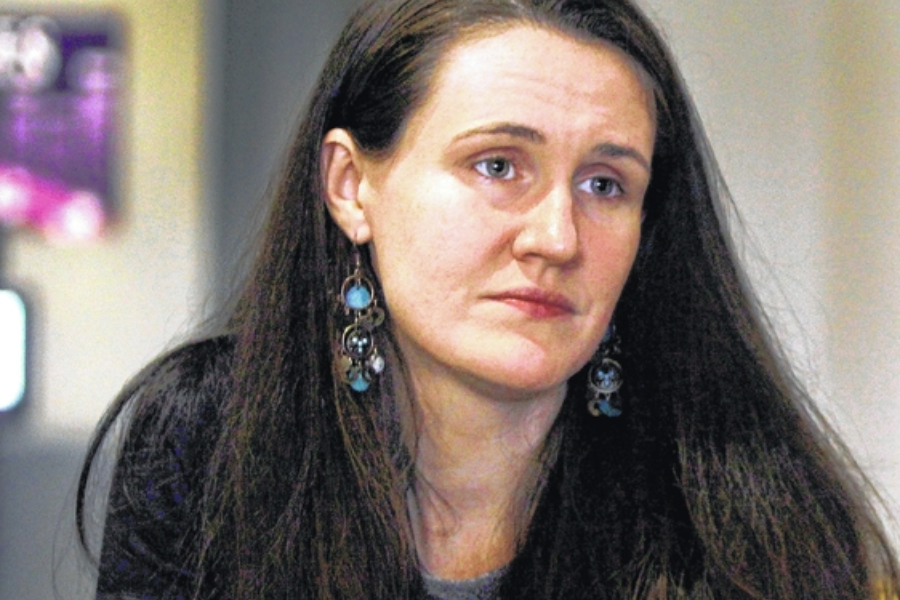
Alongside her studies, Liz searched for ways to survive. She eventually found work going door-to-door, soliciting donations for environmental and political initiatives.
The job was grueling, but Liz knew her survival depended on it. Each knock, each conversation, was more than fundraising—it was her lifeline.
Her determination paid off. Liz broke every sales record at the company, astonishing her employers. In just two months, she earned more than $8,000 to support herself.
Racing Toward Success

Liz pledged to become a straight-A student and finish high school in only two years. Her determination drove her to attempt what seemed impossible.
She completed a full year’s coursework each term and attended night classes, pushing herself far beyond the limits most students could imagine handling at her age.
Her efforts paid off—Liz earned a 95 average and graduated at the top of her class of 158. Yet just months before graduation, another life-changing event awaited her…
A Glimpse of Harvard
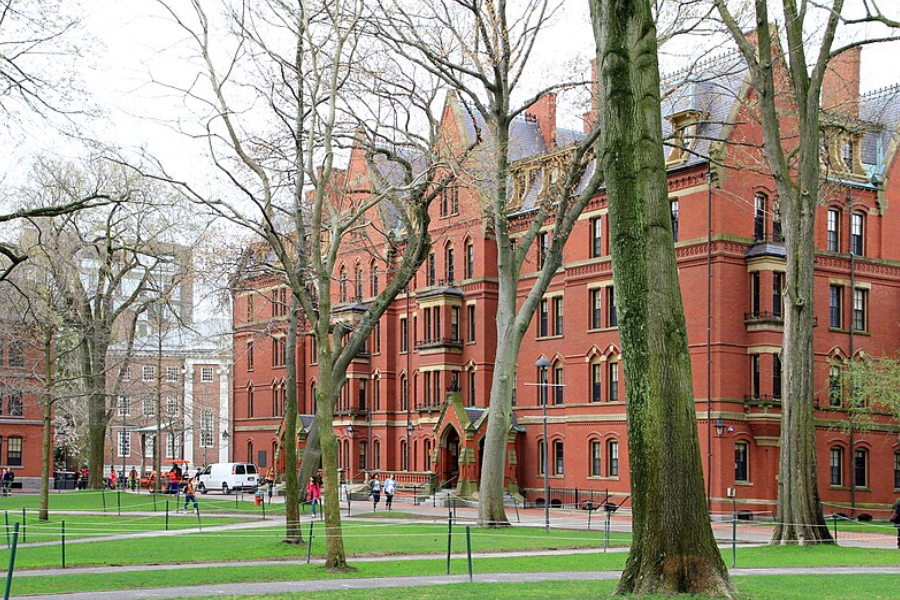
As Liz neared the end of her high school education, she was given an opportunity she never imagined—her first trip outside of New York.
On a school excursion to Boston, she saw a world far different from the chaos she had known, a glimpse of possibilities beyond survival and hardship.
“The last thing we did was go to Harvard Yard, simply because we were supposed to take a picture in front of the John Harvard statue.” Just the sight of the campus left Liz deeply impacted, planting a dream she hadn’t dared to imagine before.
A Distant Dream
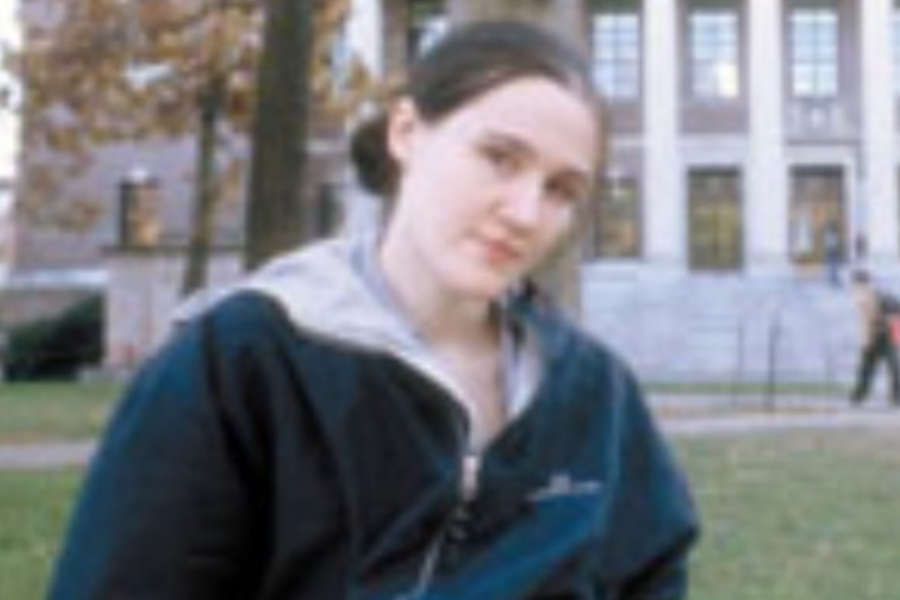
Sensing Liz’s excitement after the Harvard trip, one of her teachers suggested she apply. But the idea felt impossible—she was still homeless, and broke.
She had kept her situation secret from classmates and staff, hiding the fact that every night she struggled to find shelter while pursuing her education.
“I knew I needed scholarships,” she recalled. “Finally, there was one from the New York Times. $12,000 per year, every year of school.” Could she really do it?
Sharing Her Story

To apply for the scholarship, Liz had to write about the “obstacles” she had faced to succeed academically, finally revealing the truth she had hidden.
For many friends and teachers, it was the first time they learned about her homelessness, neglect, and the struggles she had endured just to survive.
“I remember coming in [to school] and the lobby was filled with people. They didn’t know each other… ‘Can we help Liz?’” From that day, she never slept rough again.
A Life-Changing Scholarship
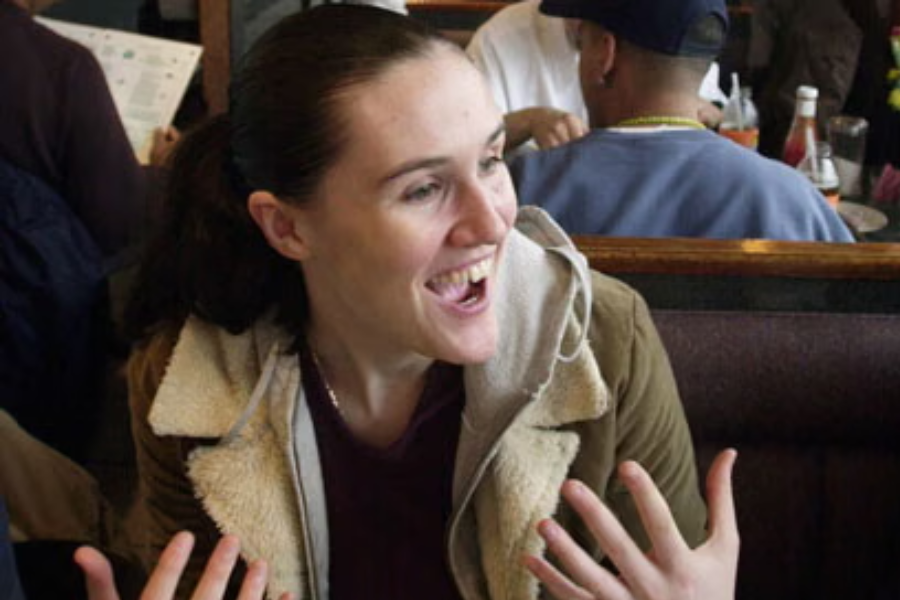
Simply applying for the New York Times scholarship began to change Liz’s life. Once she shared her story and allowed herself to be vulnerable, a wave of inspired supporters stepped forward to help.
For the first time, Liz had a real support system. That in itself was happiness—knowing she no longer had to fight her battles completely alone.
Then came even greater news: she had been chosen for the scholarship. Liz was going to Harvard—something she once thought impossible was now her future.
Arriving at Harvard
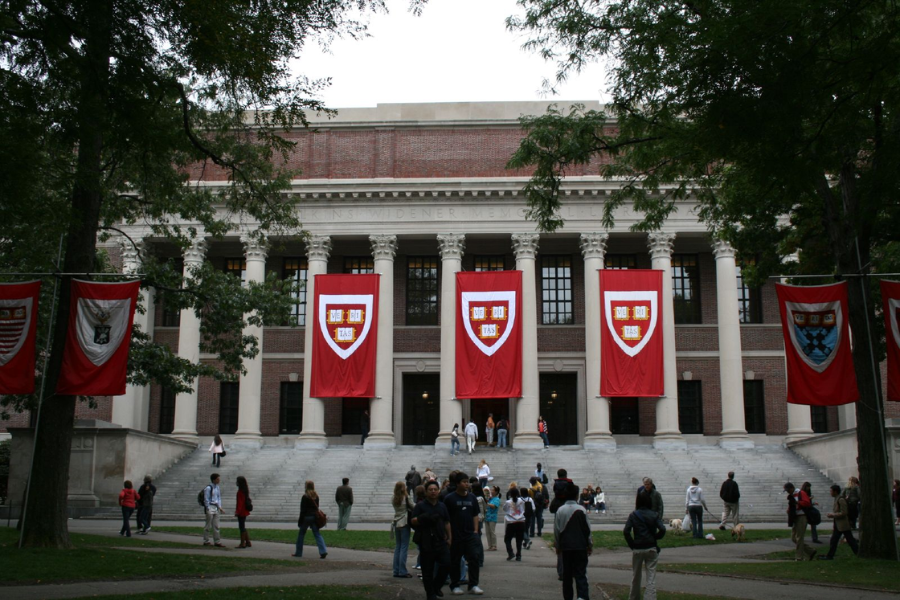
In the fall of 2000, at just 20 years old, Liz officially began her studies at Harvard University, choosing to pursue a degree in psychology.
All her hard work, sacrifices, and relentless effort had finally paid off. A brand-new world, full of people and opportunities, was opening before her eyes.
The little girl who once grew up in poverty in the Bronx, surrounded by addiction and hunger, never imagined she would one day walk Harvard’s campus.
A Return to Responsibility

Liz spent three transformative years at Harvard, thriving in a world she once thought unattainable. But eventually, she was confronted with another difficult decision.
Her father, who had managed to get sober over the years, was now dying. Like her mother before him, he had contracted HIV.
Though Liz had reshaped her destiny and built a new future, she could not fully escape her past. Family duty called her back once more.
Transferring to Columbia
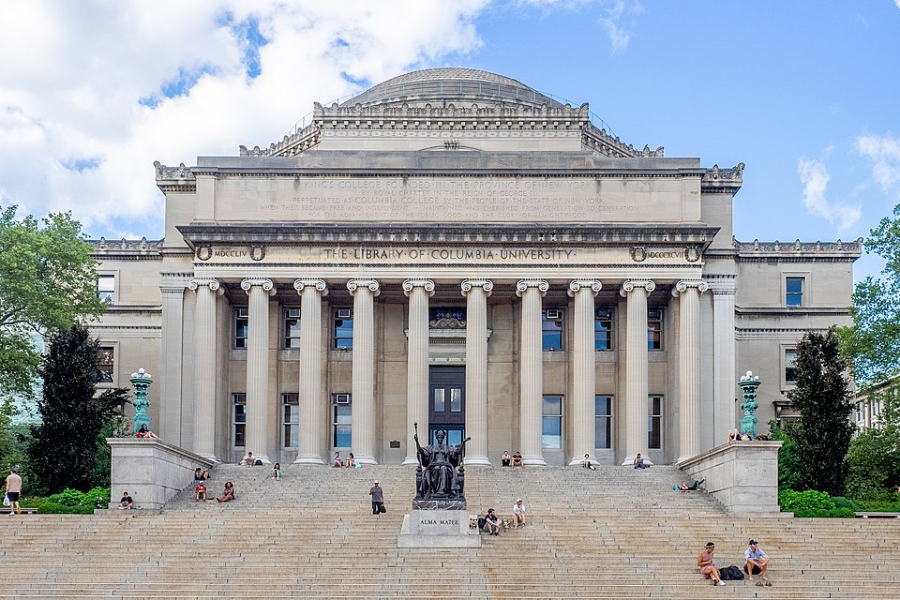
In 2003, Liz transferred from Harvard to Columbia University (New York) so she could care for her ailing father. It was a heartbreaking but necessary choice.
Although the circumstances were painful, Liz later said she took comfort in one thing: her father passed away a sober man after years of struggle.
“When someone gets sober, it’s almost like meeting them for the first time,” she explained to the BBC, reflecting on the bittersweet gift of knowing her father anew.
A Final Goodbye
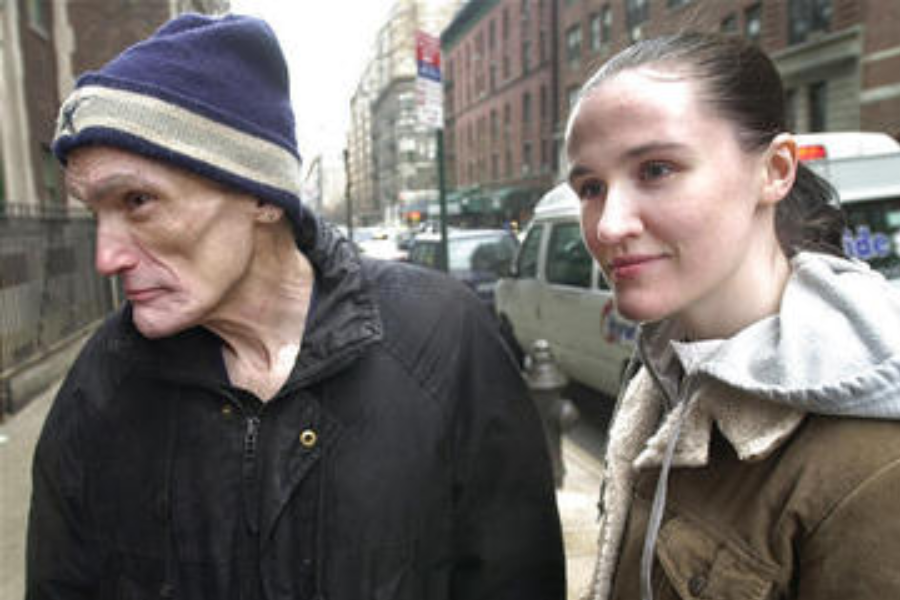
In her father’s last months, Liz found a sense of closure by staying by his side, caring for him through the final stages of his illness.
Their bond, strained and fractured by years of addiction and hardship, softened in those quiet moments. It was a chance for forgiveness and reconnection.
“Just before he passed away, he wrote me this card. He wrote, ‘Lizzy, I left my dreams behind a long time ago. But I know now they’re safe with you. Now we’re a family again.’”
Carrying the Dream Forward
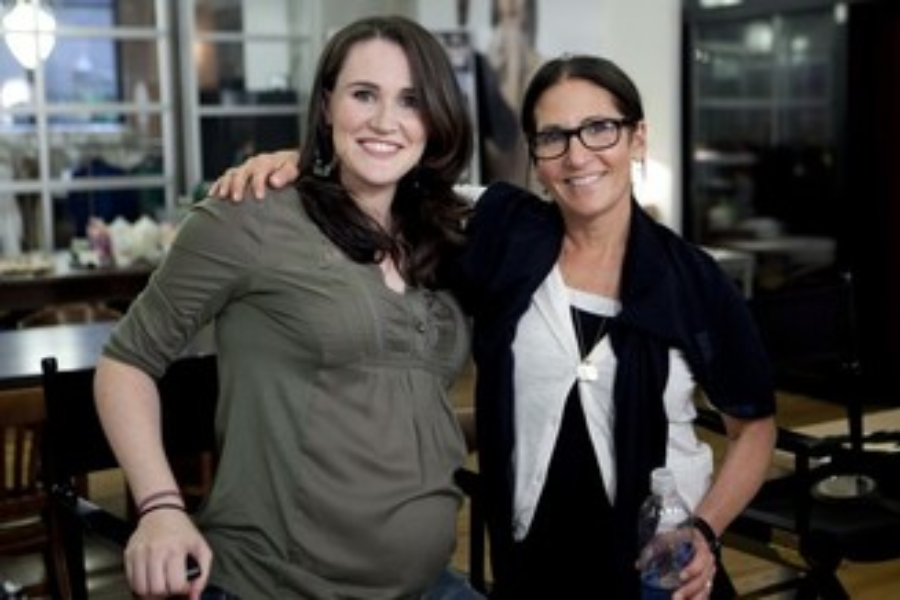
After her father’s passing, Liz kept his memory alive while pursuing her own dreams. She continued her studies, but her involvement in several projects (public speaking, co-producing a film about her life) made her journey to graduation longer than usual.
Finally, in June 2009, she earned her Bachelor of Science degree in psychology. By August, she was already enrolled in graduate courses at Harvard Summer School.
Her goal then became to pursue a doctorate in clinical psychology and become a counselor. Meanwhile, her sister Lisa followed in her footsteps, graduating from Purchase College and teaching children with autism.
From Streets to Screen
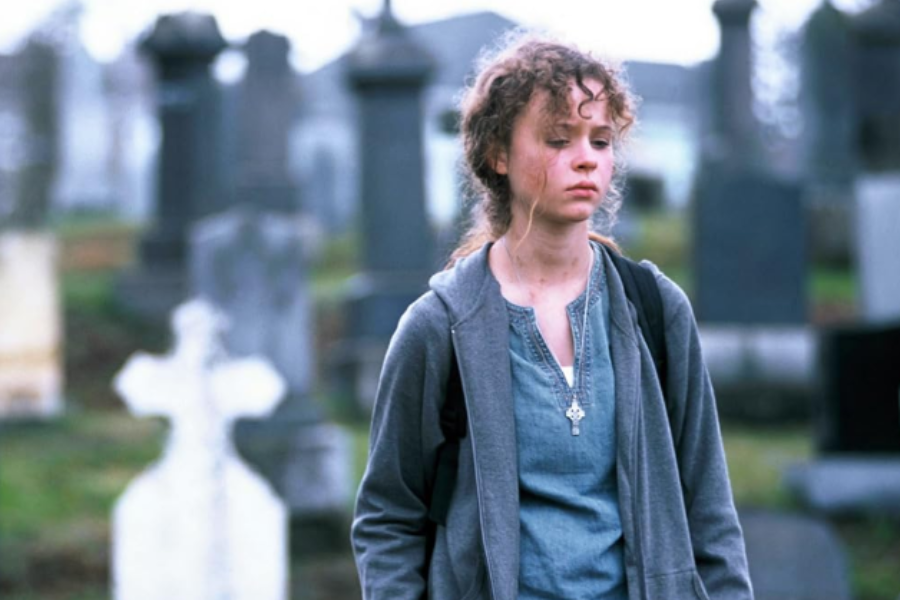
Liz’s extraordinary journey was so compelling that it was brought to television in the 2003 Lifetime film Homeless to Harvard: The Liz Murray Story.
Serving as a co-producer, Liz helped shape the retelling of her own life, which starred actress Thora Birch in the role that portrayed her struggles and triumphs.
The film chronicled her path from homelessness to Harvard and went on to receive three Primetime Emmy Award nominations, including Outstanding Television Movie and Outstanding Lead Actress.
Inspiring the World
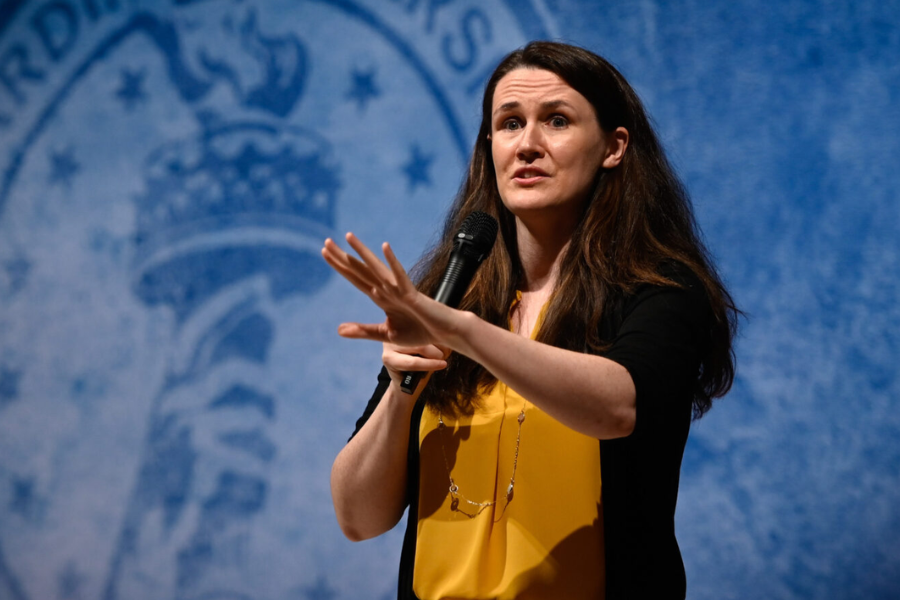
Liz also became a public speaker, dedicating her voice to helping others who, like her, faced mountains that once seemed impossible to climb.
She has shared stages with world figures including Tony Blair, Mikhail Gorbachev, and the Dalai Lama, bringing her story to international audiences.
Her talks have ranged from the Washington State Coalition for the Homeless in 2007 to schools, conferences, and even a 2012 TEDxYouth talk in San Diego titled “For the Love of Possibility.”
Breaking Night
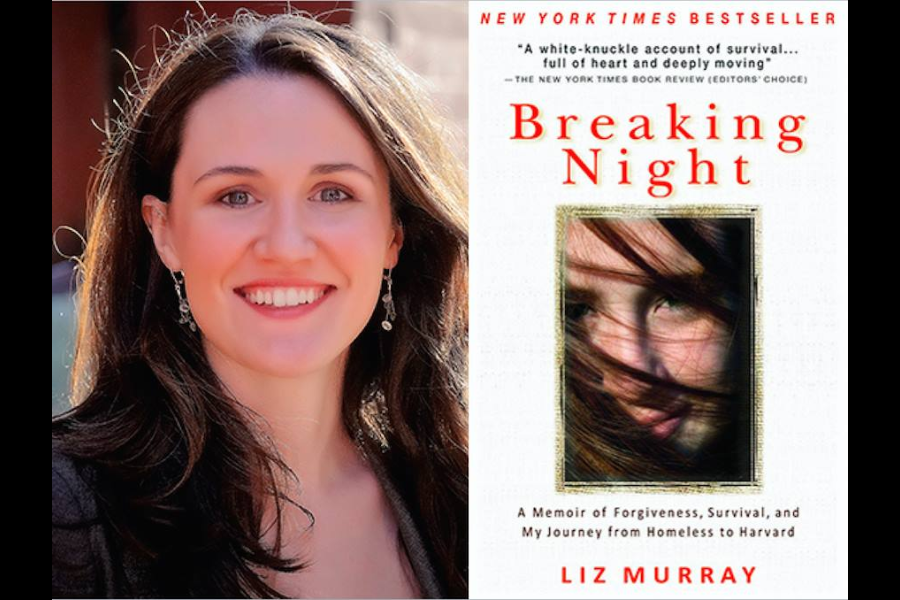
In 2010, Liz published her memoir Breaking Night, the first time she fully detailed her incredible journey from homelessness to Harvard. The book became an instant New York Times bestseller.
The title carried special meaning. “‘Breaking Night’ is slang for staying up through the night until the sun rises,” she explained, recalling her own long nights on the streets.
The memoir moved countless readers with its raw honesty and hope. Its success brought Liz into the spotlight, earning her invitations to major interviews and media appearances worldwide.
Recognized for Her Courage

Liz’s achievements have earned her numerous awards and honors, celebrating her resilience, boldness, and commitment to inspiring others through her story and her work.
She received Oprah Winfrey’s first-ever Chutzpah Award in 2004, given to women who show courage, defy the odds, and achieve greatness. In 2008, she was honored with the Women of Vision Award from the Appalachian Women’s Fund.
Additional accolades include the White House Project’s Role Model Award, the Alex Award in 2011, and an honorary doctorate of public service in 2013, where she delivered Merrimack College’s commencement address.
Giving Back Through Mentorship
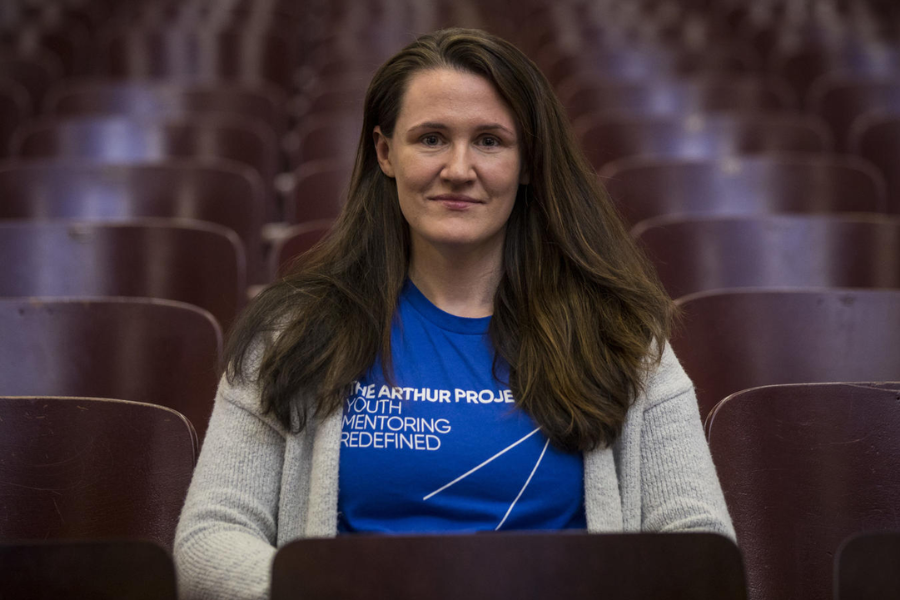
But Liz’s mission wasn’t just about sharing her story; she also wanted to help others create their own. Liz co-founded The Arthur Project, a youth mentoring organization dedicated to helping young people rise above difficult circumstances through long-term guidance and support.
The foundation pairs middle school students with trained mentors, offering multi-year relationships that foster self-empowerment, education, and resilience—values that defined Liz’s own transformation.
hrough this work, Liz continued to inspire others, showing that change is possible. Meanwhile, another major shift was unfolding — this time in her private life.
Building the Home She Never Had
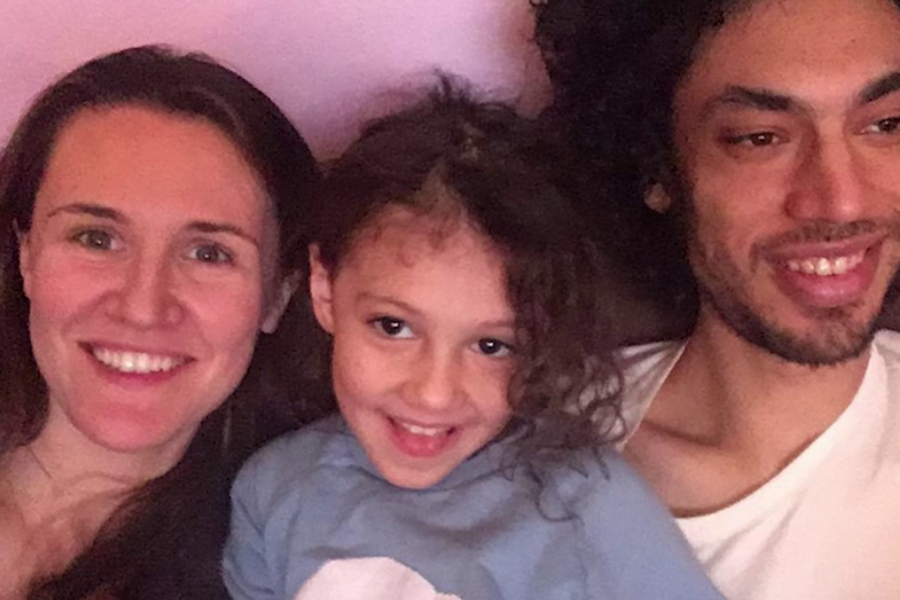
Amid all her success, Liz managed to create something even more meaningful: a true home, the very thing she longed for throughout her childhood.
She is happily married and now the mother of two young children, a little boy and a little girl who bring joy to her life.
Reflecting on her journey, Liz once said, “If I believed in any religion that would be gratitude.” For her, family is the greatest blessing of all.
A Life Rebuilt
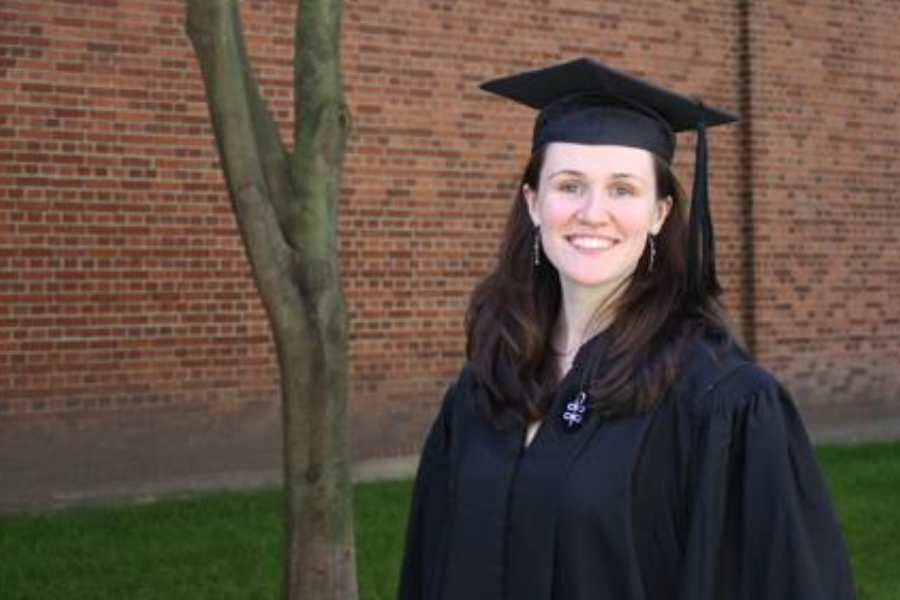
From hunger, neglect, and homelessness to Harvard graduate, author, and mother, Liz rebuilt her life with extraordinary resilience, turning unimaginable hardship into lasting triumph.
Her story proves that even the harshest beginnings do not dictate the future. Through determination, education, and hope, she transformed obstacles into stepping stones toward success.
Today, Liz continues to inspire millions around the world. Her journey is a powerful reminder that no matter how dark the path, light and possibility are always within reach.

